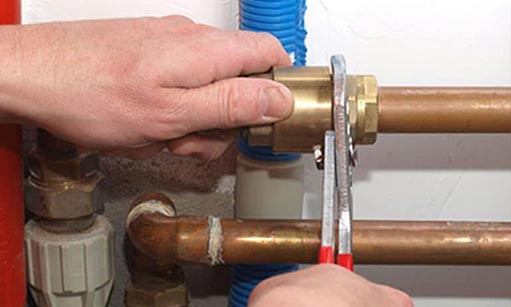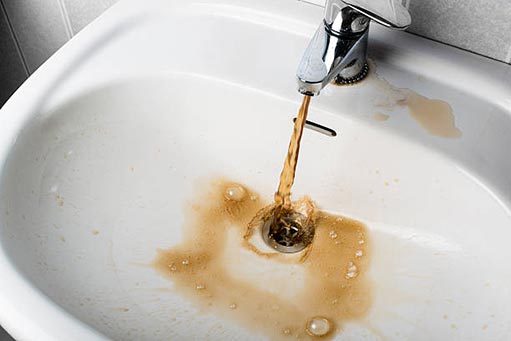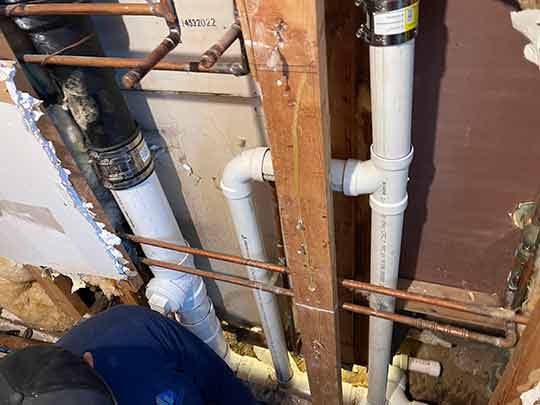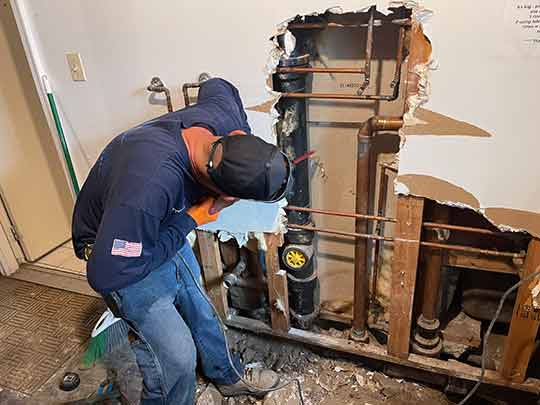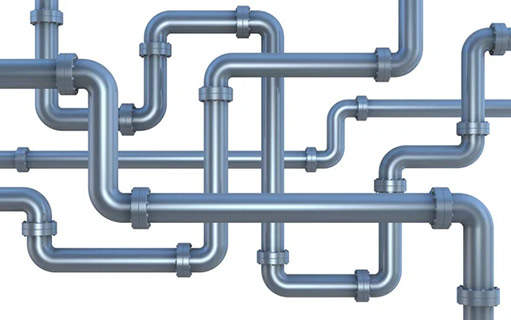
When it comes to maintaining the plumbing in your Chicago home, there may come a time when repiping becomes necessary. Repiping involves replacing the old pipes in your home with new ones, ensuring that you have a reliable and efficient plumbing system. However, repiping can be a significant investment, and it’s essential to understand the average cost involved.
Understanding Repiping
Before delving into the average cost of repiping a Chicago home, it’s crucial to have a basic understanding of what repiping entails. Over time, pipes can deteriorate due to various factors, including age, corrosion, and mineral buildup. This deterioration can lead to leaks, decreased water pressure, and even water damage. Repiping involves replacing the existing pipes with new ones, ensuring a more reliable and efficient plumbing system for your home.
Factors Affecting Repiping Costs
The cost of repiping a Chicago home can vary depending on several factors. It’s essential to consider these factors when estimating the repiping expenses:
- Size of the home: A larger home will typically require more materials and labor, resulting in a higher cost for repiping.
- Type of materials: The type of pipes you choose for your repiping project will affect the overall cost. Options include copper, PEX, and PVC, each with its own advantages and price points.
- Accessibility: If your existing pipes are difficult to access, it may increase the labor costs associated with repiping. Factors like the presence of drywall, flooring, or other obstacles can affect the overall cost.
- Additional upgrades: During the repiping process, you may have the opportunity to consider additional upgrades, such as installing a water softener or upgrading fixtures. These upgrades can add to the overall cost.
Average Cost of Repiping
While the exact cost of repiping a Chicago home will vary depending on the factors mentioned above, it’s helpful to have a general idea of the average cost. On average, homeowners in Chicago can expect to spend between $5,000 and $10,000 for a complete repiping project.
Get Multiple Quotes
When considering repiping your home, it’s advisable to get multiple quotes from reputable plumbing companies in Chicago. This will give you a better understanding of the cost involved and allow you to compare the different options available to you. Keep in mind that the lowest quote may not always be the best choice, as quality should be prioritized to ensure a long-lasting repiping solution.
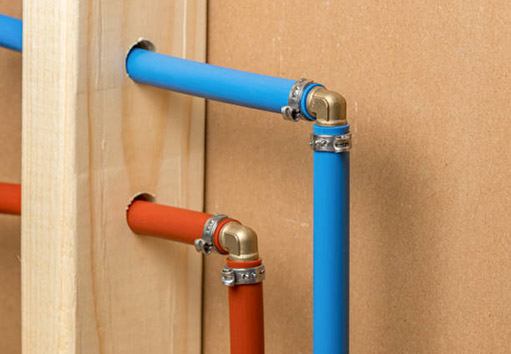
Repiping is considered a significant home improvement project that can increase the value of your property.
Benefits of Repiping
While the cost of repiping may seem significant, there are several benefits to consider:
- Improved water quality: Old pipes can contribute to water contamination issues. Repiping ensures cleaner, healthier water for you and your family.
- Increased water pressure: Deteriorated pipes often lead to low water pressure. With new pipes, you can enjoy better water flow throughout your home.
- Elimination of leaks: Repiping eliminates the risk of frequent leaks, reducing the chances of water damage and subsequent costly repairs.
- Added value to your home: Repiping is considered a significant home improvement project that can increase the value of your property.
Choosing the Right Plumbing Company
When embarking on a repiping project, it is crucial to choose the right Chicago plumber to ensure a successful outcome. Consider the following factors when selecting a plumbing contractor:
- Experience and expertise: Look for a plumber in Chicago with extensive experience in repiping projects. They should have a solid track record and a good reputation in the industry.
- License and insurance: Ensure that the plumbing company you choose is licensed and insured. This protects both you and the contractor in case of any unforeseen incidents.
- References and reviews: Ask for references from previous clients and read online reviews to get a sense of the plumbers quality of work and customer satisfaction.
- Transparent pricing: A reputable plumber should provide you with a detailed and transparent breakdown of the costs involved in the repiping project.
- Warranty: Inquire about any warranties offered by the company. A warranty gives you peace of mind knowing that you are protected in case of any issues with the repiping.
Repiping a Chicago home is a significant investment, but it is a worthwhile one considering the benefits and long-term value it provides. By understanding the average cost of repiping and considering the various factors that influence the price, you can make an informed decision and ensure a successful repiping project for your home.
—
